Pigeon peas, a favourite tropical vegetable, are nutritious and adaptable. Dhal or dal, an Indian split-pea soup, is frequently made using ripe pigeon peas. Immature pigeon pea seeds, sometimes known as green pigeon peas, are thought to be an old folk medicine therapy for liver and renal diseases, but they now provide significant health advantages. They are a nutrient-dense addition to rice or a variety of other foods that can provide protein, fibre, vitamins, and minerals to your diet.
Table of Contents
What are green pigeon peas?
The green pigeon pea or arhar dal is an annual legume in the Fabaceae family. The cultivation occurs as a single crop or in combination with cereals such as sorghum (Sorghum bicolor), pearl millet (Pennisetium glaucum), maize (Zea mays), or legumes such as peanuts (Arachis hypogaea).
Pigeon Pea seed pods are flat, straight, and sickle-shaped, measuring 5-9 cm in length. Every pod has 2 to 9 seeds in a variety of hues, including white, purple, cream, yellow, and black, or any combination of these individual colours. Pigeon peas have a maximum height of 0.5-4.0 m, grow annually, and are harvested at the finish of one season.
Cultivation of green pigeon peas:
Pigeon peas were domesticated at least 3,500 years ago in India, and their seeds are used as food grains in Asia, Africa, and Latin America. Pigeon peas are widely grown in tropical and semitropical areas. Crop cultivation takes place on marginal terrain. Temperatures between 18 and 38 degrees Celsius are ideal for crop growth.
Pigeon peas grow well in a variety of soils, from sandy to clay. The soil must be able to contain a decent amount of water and be well-drained. The plant can tolerate a pH range of 4.5-8.5, but prefers a pH range of 5 and 7. They can withstand draughts and require less irrigation.
Pigeon peas are propagated from seed and must be grown at a depth of 2.5-10 cm, with 30-50 cm between plants and 150 cm in the centre of rows.
Nutritional value of pigeon peas:
Pigeon peas have the following nutritional values: Carbohydrates, Sugars, Dietary Fiber, Fat, and Protein. It contains vitamins such as thiamine (B1), niacin (B3), pantothenic acid (B5), riboflavin (B2), folate (B9), choline, vitamin C, vitamin E, and vitamin K, as well as trace metals such as calcium, iron, phosphorus, potassium, magnesium, manganese, sodium, and zinc.
Health benefits of green pigeon peas:
Pigeon Peas help to keep blood pressure stable.
Potassium is the important mineral that is found in pigeon peas that acts as a vasodilator, lowers the blood constriction and also lowers blood pressure. People who are suffering from hypertension can add pigeon peas to the regular diet as they're extremely prone to the cardiovascular illness.
Pigeon Peas Prevent Anaemia
The high rates of folate play a double position inside the body. olate deficiency is linked to anaemia and other neural tube defects in unborn youngsters.
A one cup of pigeon peas delivers higher than 110% of the each day helpful diet of this vital vitamin.
Pigeon Peas Help in growth
Pigeon peas' high density protein content is the reason they have become such an indispensable component of many people's diets all over the world. A single cup of cooked pigeon peas offers 11 grammes of protein.
Protein is vital for regular development and expansion, as it’s the building block of all the parts from cells and tissues to muscular tissue and bones. A protein found in pigeon peas is necessary for the regular healing and regeneration of cells throughout the body.
Pigeon Peas aid in losing weight
Pigeon peas are minimal in calories, cholesterol, and saturated fats, making them a healthy choice. Dietary fibre keeps you fuller for longer, increases your metabolism rate, and lowers your chances of gaining weight. Pigeon pea nutrients are converted into useable energy rather than fat storage.
Pigeon Peas Increase energy
Pigeon peas contain vitamin B as well. Riboflavin and Niacin improve carbohydrate metabolism, reduce fat storage, and increase energy levels. It is appropriate for people living in arid climates, as physical work quickly depletes energy.
Pigeon Peas boosts immunity
Usually uncooked pigeon peas are healthier regarding sustaining vitamins, and with regards to vitamin C ranges in these legumes, it’s a better choice to chew on the uncooked raw peas.
When one cooks meals, the vitamin C level decreases by nearly 25%; the green peas should be raw! Vitamin C can stimulate the production of white blood cells and act as an antioxidant in the body, promoting overall health and immunity.
Pigeon Peas for Cardiovascular Health
Pigeon peas provide dietary fibre, potassium, and reduced cholesterol, all of which contribute to a healthy heart. Potassium lessens the load on the heart by decreasing the blood pressure. Dietary fibre maintains cholesterol equilibrium and prevents atherosclerosis.
Pigeon Peas are healthier for digestion
Pigeon peas, like many legumes, are high in dietary fibre, which is believed to aid digestion. Fibre can bulk up the stool and stimulate extra common bowel movements, reducing pressure and irritation and the incidence of constipation, bloating, cramps, and diarrhoea.
Uses of Pigeon Peas (arhar dal)
Pigeon peas are major legumes grown in semi-arid tropical locations; their immature seeds are eaten fresh as a vegetable, or they are left to mature and afterwards dried to be eaten as a pulse. Their seed pods are edible and eaten as a vegetable. Animals eat their seed husks and leaves.
Pigeon peas are a significant crop for green manure in some locations; the woody stems of arhar dal can also be used as fuel, fencing, and thatch.

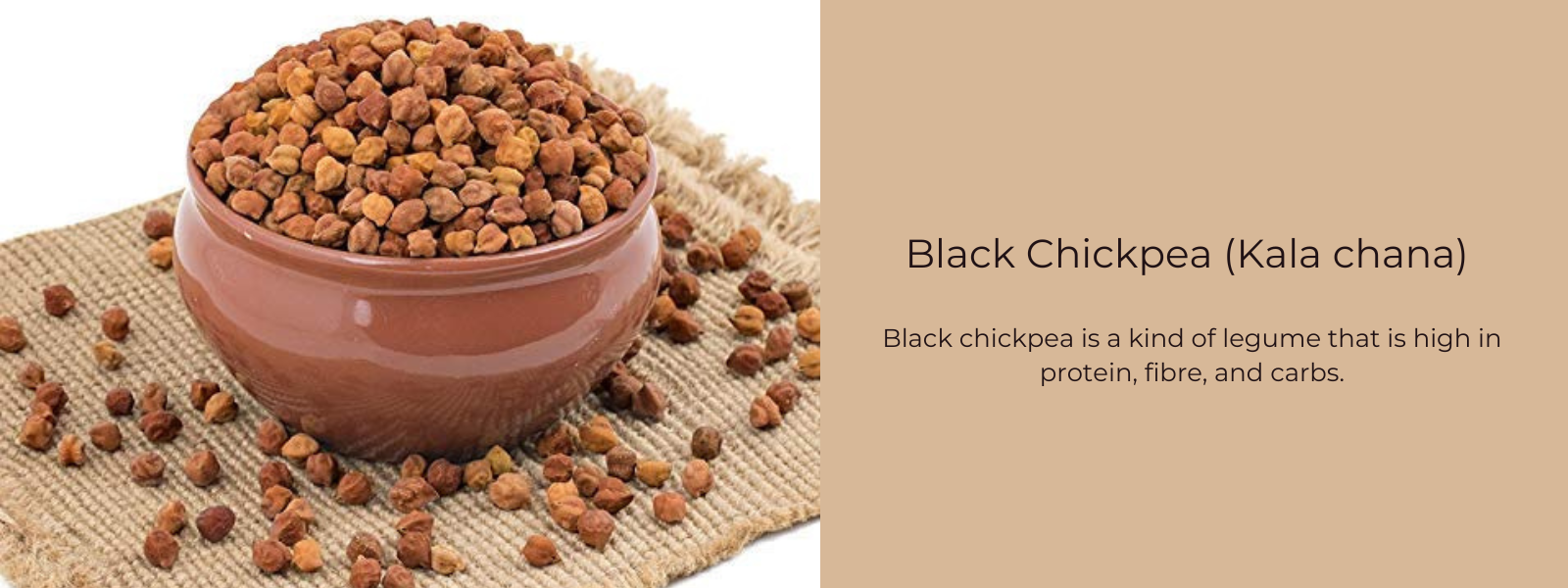
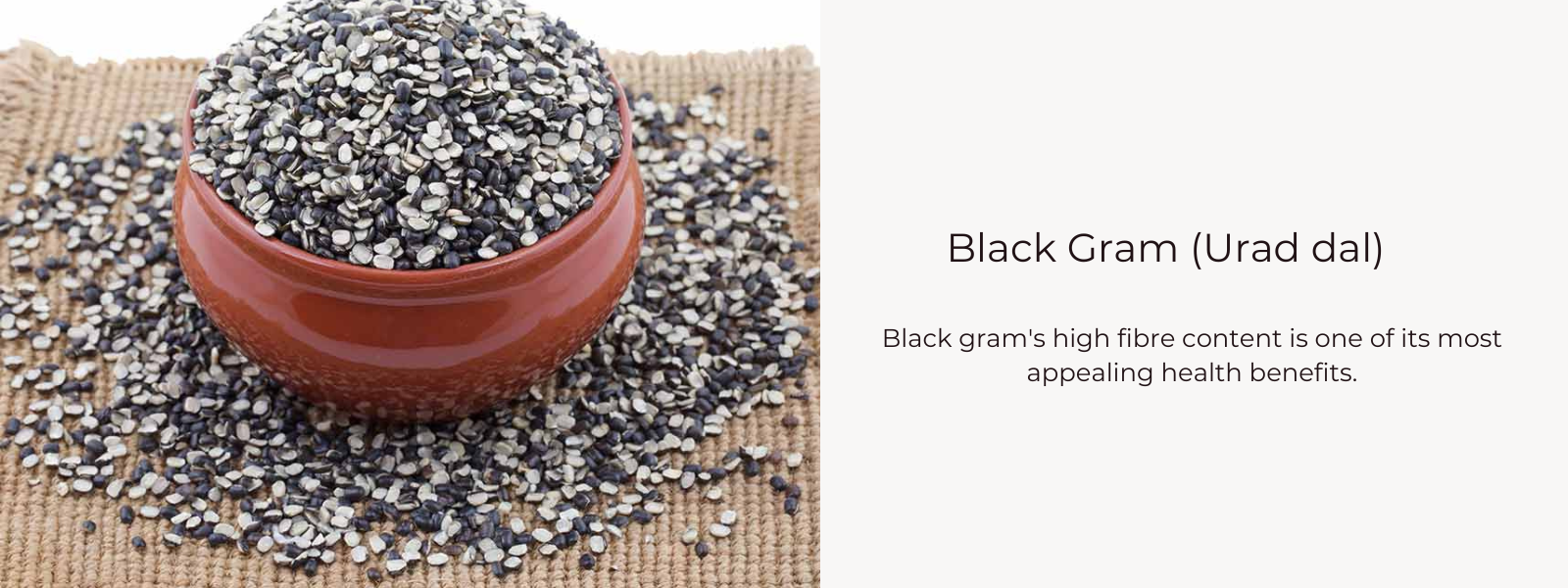
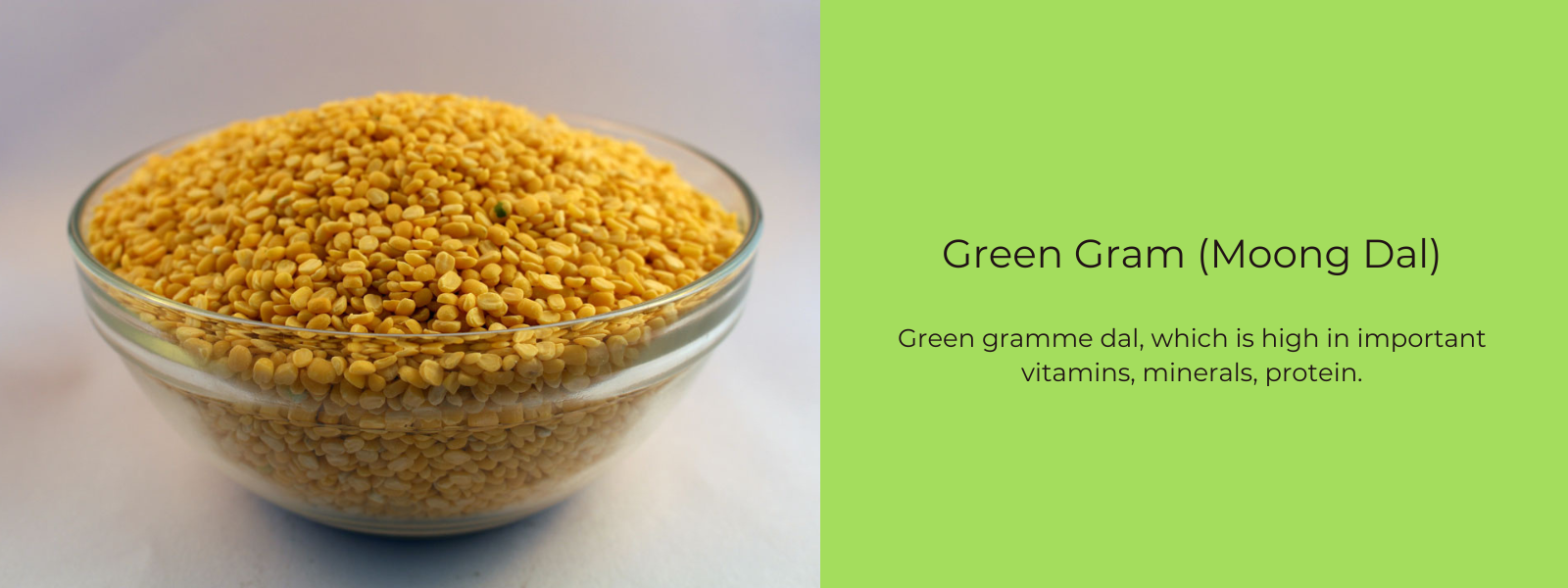
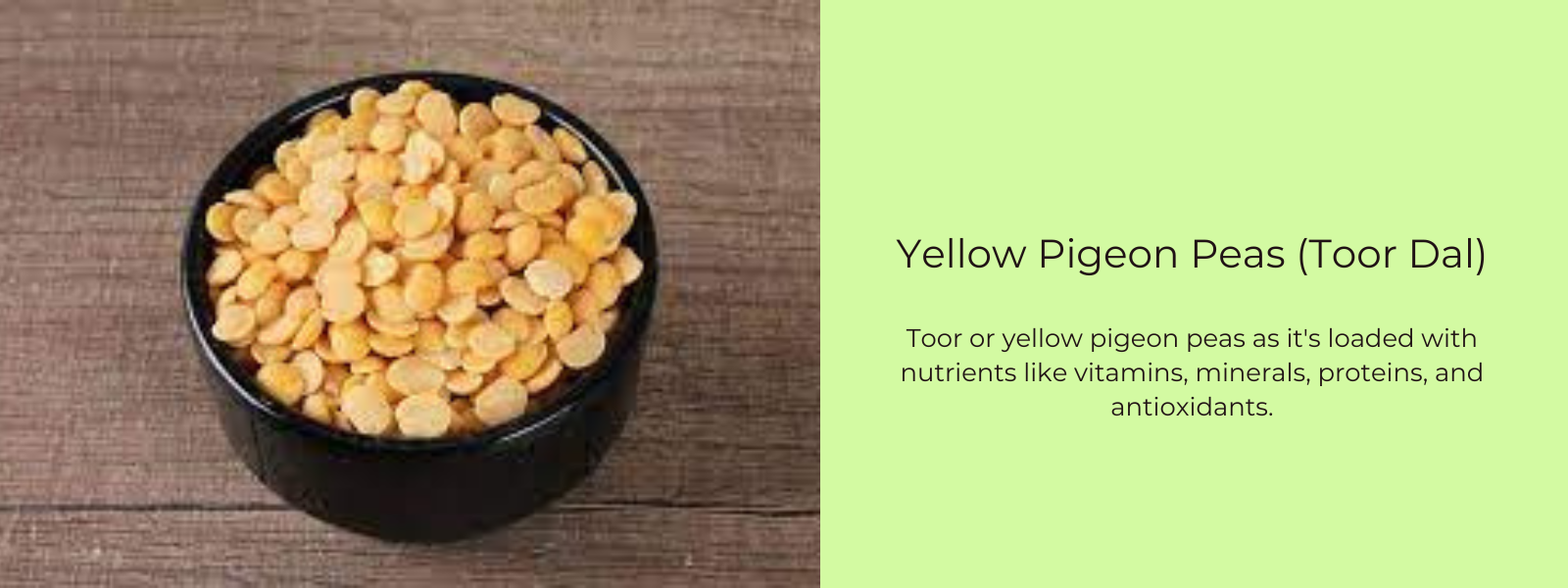
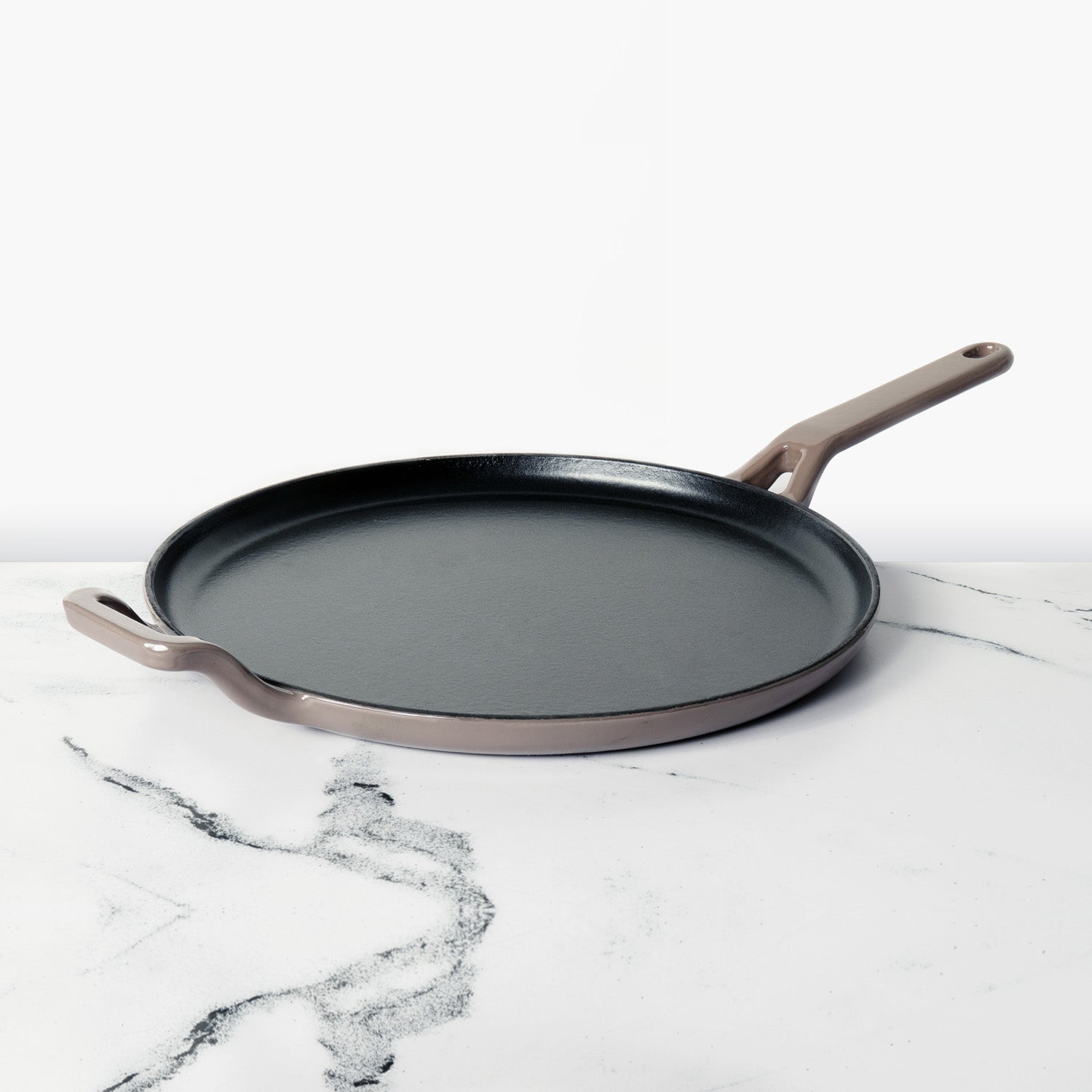
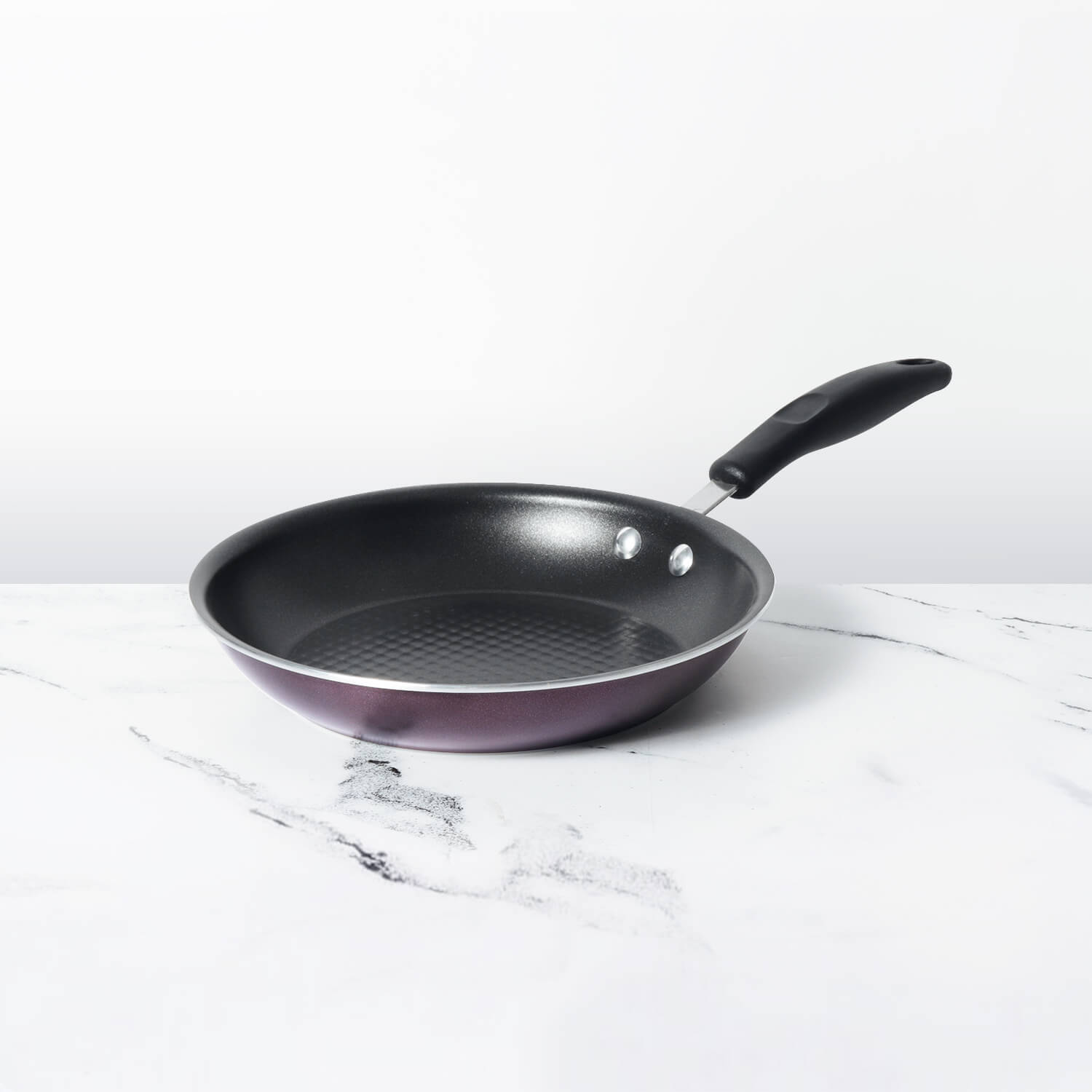




Leave a comment